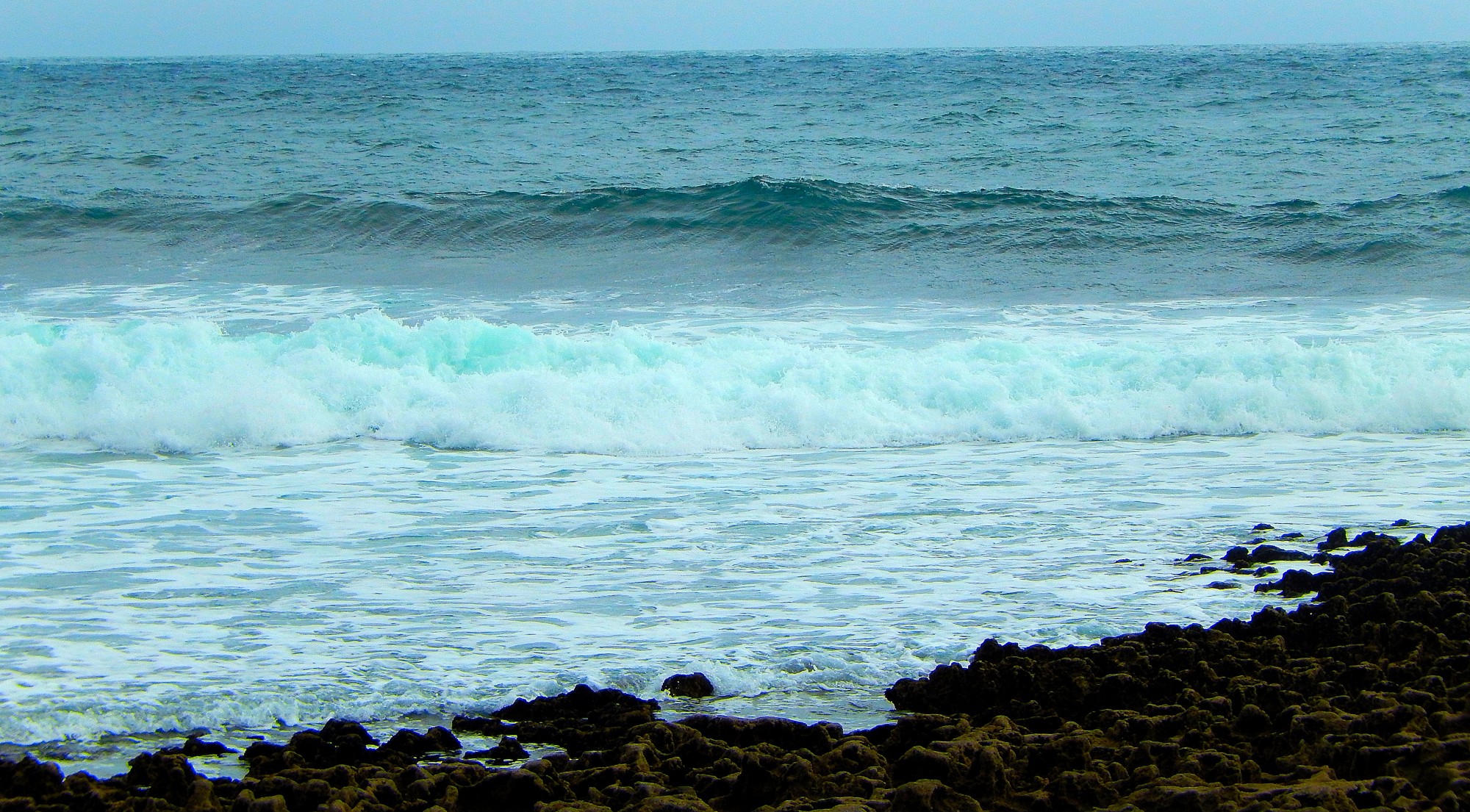Is it commonly understood and recognized that sea angling in Ireland represents a significant fraction of the tourism industry via both domestic and foreign anglers. However, limited research has been done to estimate the value of sea angling in Ireland. It is vital that we determine the value of sea angling in Ireland for the sake of preserving a highly historic and cultural recreation, maintaining and expanding a profitable angling market, and ensuring a continued revenue stream for those associated with and affected by sea angling tourism.
In order to preserve sea angling in Ireland, there needs to be a tangible figure of the overall annual value of sea angling in Ireland that proves that sea angling in Ireland is in fact a profitable market and in high demand. Why? Unfortunately, testimonials from sea anglers, skippers, and those involved with sea angling tourism isn’t enough to convince the government to do what is necessary to maintain the current quality of sea angling in Ireland.
From a quick glance at the stats, most anglers in Ireland currently rate their overall sea angling experience as “good” or “very good” and rate their willingness to return as “very likely” or “likely” despite evidence that water quality is declining and the majority of fish stocks are overexploited. Though anglers aren’t yet feeling the effects of a declining angling experience, it is only a matter of time. Smaller fish, reduced fish stocks, decreased species diversity, and poor water quality/ fish health are just a few examples of the many pressures threatening the overall angling experience in Ireland.
An economic evaluation of sea angling offers a way of presenting data to both the Irish government and organizations like the IFI (Inland Fisheries Ireland) so that they can comprehend the immense value of sea angling in Ireland. Furthermore, it will illustrate the need for funding and programs that protect the quality of sea angling. Some potential programs might include: better monitoring of fish stocks and water quality, increased fisheries management, and potentially the establishment of marine protected areas (MPAs) and no-take zones. An economic analysis of sea anglers is also the first step to ensuring that sea angling in Ireland doesn’t disappear and that the restaurants, hotels, B&B’s, angling charters, and bait & tackle shops don’t go under.
This study is interesting to me because it combines environmental protection with socio-economic well-being of the many Irish folks relying on the sea angling industry both directly and indirectly. If the popularity of sea angling in Ireland diminishes due to an overall reduced quality of angling experience, many Irish men and women involved with sea angling tourism will be forced out of work and left with limited alternatives. After all, tourists don’t come to Ireland for the good weather and sandy beaches. (See photos below –> two different beaches).




